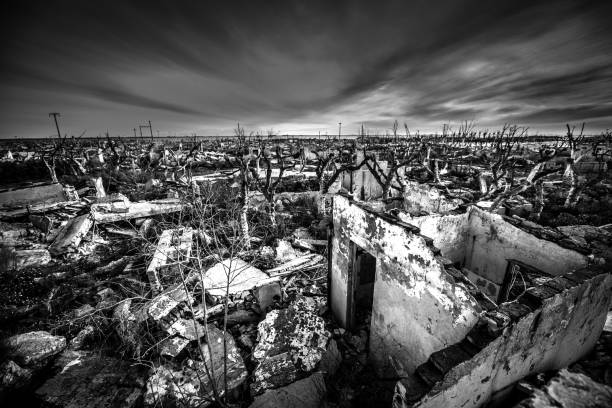Mass Protests in Israel Demand Hostage Release Amid Ongoing Gaza War

One of the largest public demonstrations since the Gaza war began nearly two years ago swept across Israel on Sunday, as hundreds of thousands of citizens took to the streets demanding the release of hostages still held in Gaza.
Organizers said more than 300,000 people gathered in Tel Aviv’s Hostages Square, while smaller rallies and strikes unfolded in cities nationwide. Major highways were blocked, businesses closed their doors, and private citizens halted daily routines to join what became a massive display of frustration with government policy.
The protests began early in the morning, exactly at 06:29 a.m. — the symbolic moment when Hamas launched its deadly October 7 attacks on Israel. By nightfall, organizers estimated that over one million people had participated in events across the country, making it one of the broadest grassroots actions in recent memory.
Families of Hostages Lead the Call
At the heart of the demonstrations were families of the 50 hostages still believed to be in Gaza, many of them holding pictures of their loved ones. During the Tel Aviv rally, a new video of hostage Matan Zangauker was released. The footage, reportedly seized by Israeli forces during recent operations, showed Zangauker addressing his family and urging Israelis to “make noise like only you know how.”
His mother, Einav Zangauker, later spoke to the crowd, criticizing Prime Minister Benjamin Netanyahu’s government for failing to reach a deal. “If he truly wants an agreement, let him put a proposal on the table,” she said, accusing the leadership of prolonging the conflict while families continue to suffer.
Other relatives echoed the same demand: that the government prioritize a comprehensive hostage deal over continued military escalation. Many joined with the October 7 Council, a group representing bereaved families from the attacks, to announce what they called an “emergency break” until the hostages are brought home.
Divided Government Response
While President Isaac Herzog publicly expressed sympathy with the hostage families, saying that “all of Israel longs for their return,” government officials reacted harshly to the strike. Netanyahu argued that calls for a ceasefire “only harden Hamas’s position and delay the release of our hostages.”
Far-right security minister Itamar Ben Gvir dismissed the strike as a “political maneuver on the backs of the hostages,” linking it to ongoing anti-government protests.
Despite these criticisms, the demonstrations drew support from universities, tech companies, law firms, and other private institutions, many of which encouraged employees to join. Israel’s largest labor federation, Histadrut, did not formally endorse the strike but allowed flexibility for workers who wished to participate.
Growing Pressure on Negotiations
Public opinion polls consistently show that a majority of Israelis favor a ceasefire and hostage deal, even if it means ending the war. However, recent talks in Doha collapsed after negotiators from Israel and the United States accused Hamas of failing to act in good faith.
In parallel, the Israeli security cabinet recently voted to intensify operations in Gaza, including plans to expand into Gaza City. Military officials themselves have warned that such actions could endanger the remaining hostages, believed to number around 50, with only 20 thought to still be alive.
Meanwhile, the Hostages and Missing Families Forum announced it would establish a protest encampment near the Gaza border, named “Waypoint 50,” symbolizing the hostages whose fate remains uncertain.
Sunday’s massive strike signaled growing impatience among Israelis who feel the government has prioritized military strategy over humanitarian concerns. As Zangauker’s mother reminded the crowd, the issue is no longer political but deeply personal: “Our children’s lives are hanging in the balance. Nothing else should matter until they are home.”









